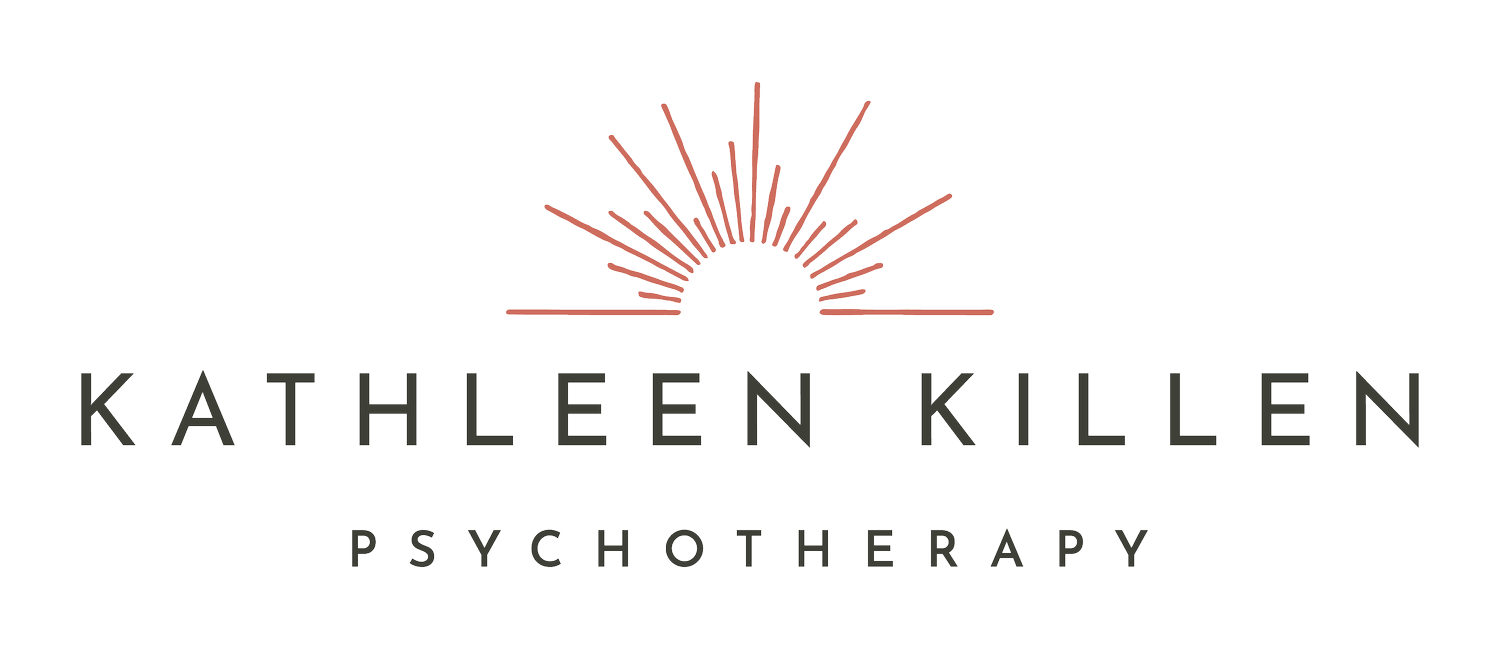Why Blame is a Losing Strategy in Relationships (And What to Do Instead)
Let’s be honest—when something feels off in our relationship, it’s really easy to point the finger.
“If only they would just listen more…”
“If they didn’t shut down every time we had a conversation…”
“If they could just change, things would be fine…”
Blame is tempting. It gives us the illusion of control without actually requiring us to look inward. But here’s the hard truth: blame is a losing strategy in relationships. It keeps us stuck, fuels defensiveness, and pulls us away from the connection we’re actually craving.
Why Blame Doesn’t Work
Blame may feel satisfying in the moment, but it rarely leads to the change or understanding we hope for. Instead, it usually creates:
Defensiveness: When we feel attacked, our natural response is to protect ourselves—not to lean in with curiosity or empathy.
Disconnection: Blame sets us up as opponents, not teammates. It builds walls instead of bridges.
Stalemates: It often circles around the same arguments, because it doesn’t address the deeper feelings underneath.
Blame focuses on what they need to do differently, which means we give away our power to create change in the relationship. And when we’re always waiting on someone else to shift, it’s easy to feel hopeless or resentful.
So What Can We Do Instead?
The opposite of blame isn’t passivity—it’s ownership.
Ownership is about tuning in to our own patterns, needs, and responses. It’s recognizing what’s in our control and how we can show up differently, even if the other person doesn’t change right away.
Here are a few shifts that can help:
Get Curious, Not Critical
Instead of asking “What’s wrong with them?”, try “What’s going on between us?” or “What am I really feeling underneath this frustration?” Curiosity invites connection—criticism shuts it down.
Speak from the “I”
Using “I” statements (like “I feel lonely when we don’t talk about things”) helps you express what’s going on inside without blaming or accusing. It’s more vulnerable—but also more likely to be heard.
Focus on the Pattern, Not the Person
It’s not about who's the “bad guy.” Often, couples get stuck in repetitive dances—one shuts down, the other pursues; one criticizes, the other avoids. Try zooming out and talking about the cycle you both get caught in, rather than blaming your partner’s role in it.
Own Your Part
This isn’t about blaming yourself—just recognizing where you have influence. Maybe you tend to withdraw when things get hard, or raise your voice when you feel unheard. When both partners can gently own their part, the whole dynamic starts to shift.
The Good News?
Blame keeps us stuck, but ownership creates movement. It doesn’t mean the problems disappear overnight—but it opens the door to real, lasting change.
So the next time blame starts to sneak in, pause. Take a breath. Ask yourself:
“What’s happening for me right now?”
“What do I need?”
And most importantly:
“What’s one small thing I can take ownership of in this moment?”
Relationships thrive not because we avoid conflict, but because we learn how to navigate it—together.

